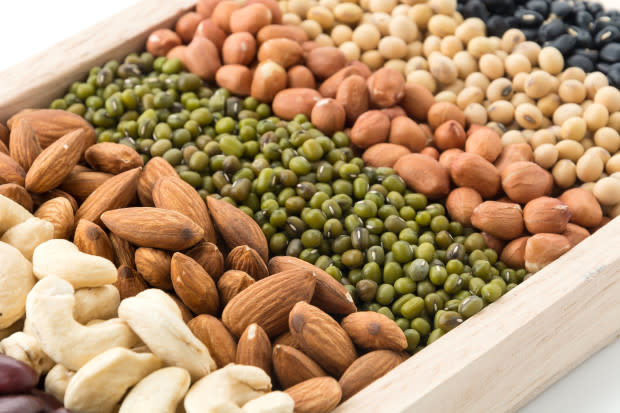Study Suggests Eating More Protein Can Slow Down Aging

Researchers at Waseda University in Japan might have found a secret to preventing premature aging. A study published in GeroScience concluded that consuming a balanced diet with moderate protein levels can have a positive effect on metabolic health. It can also delay the aging of people's bodies as a result.
The study was conducted on sets of young and middle-aged mice to determine how protein in an animal's diet can have a positive or negative impact on their health. The results found that mice with a moderate protein intake had lower blood sugar and lipid levels. Up until now, the ideal amount of protein needed to maintain metabolic health has been unknown.
Related: Eat More Protein to Sleep Better
Over time, the research team observed how the various levels of protein affected the mice as they got older. The scientists, led by Assistant Professor Yoshitaka Kondo, assessed the different diets' effects on skeletal muscle weight, liver and plasma lipid profiles, and plasma amino acid profiles.
"Protein requirements change through the court of life, being higher in younger reproductive mice, reducing through middle age, and rising again in older mice as protein efficiency declines," Kondo explained in a university release. “The same pattern is likely to be observed in humans. Therefore, it could be assumed that increasing daily protein intake in meals could promote metabolic health of people. Moreover, ideal dietary macronutrient balance at each life stage could also extend health span."
The jury is still out on just how much these findings can apply to humans as well as rodents. But the study is a promising sign that we can potentially improve our metabolic health and extend our lifespan by altering our nutrient balance and intake at various stages in our lives. Just don't go too crazy with the red meat.
